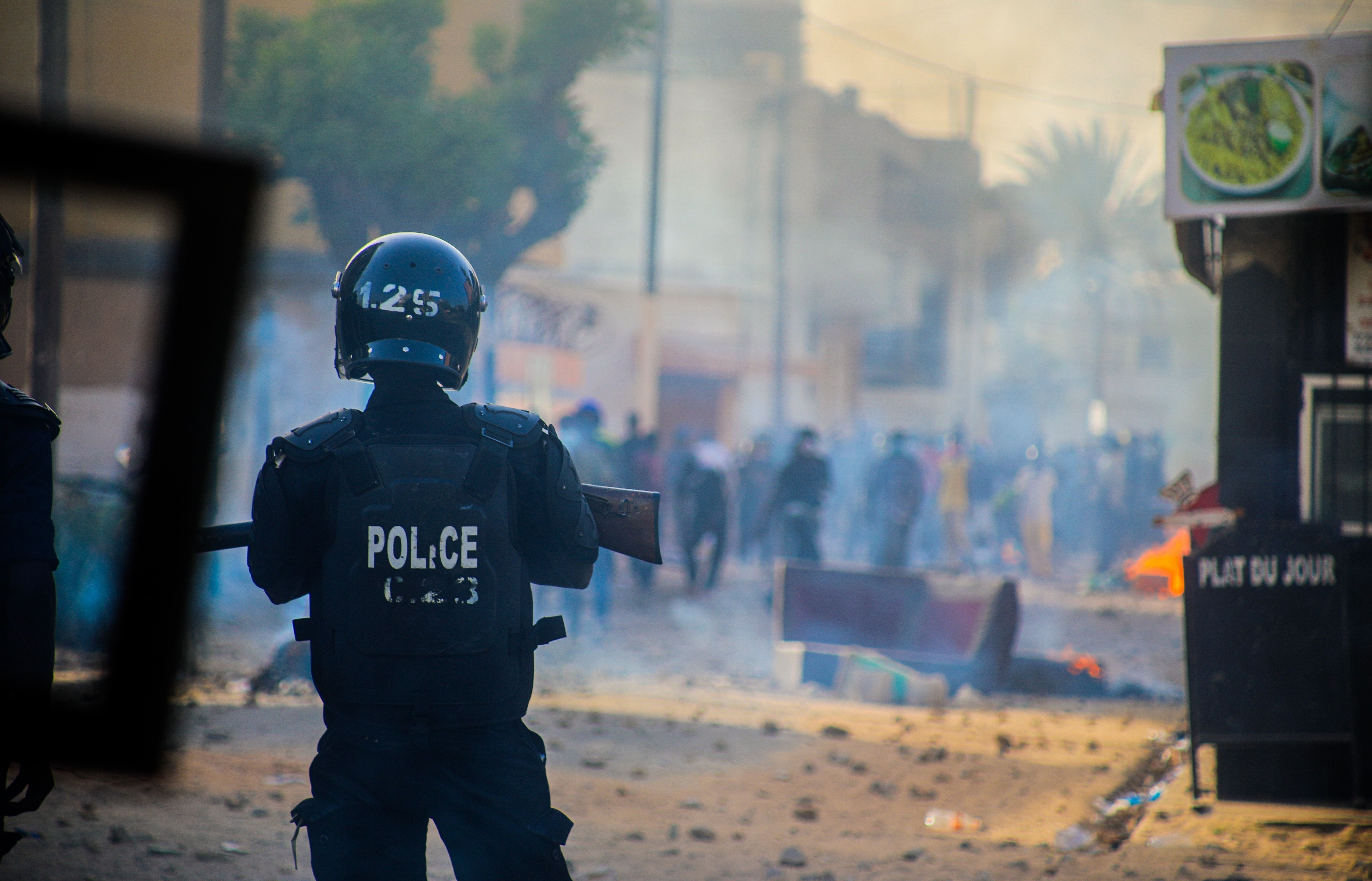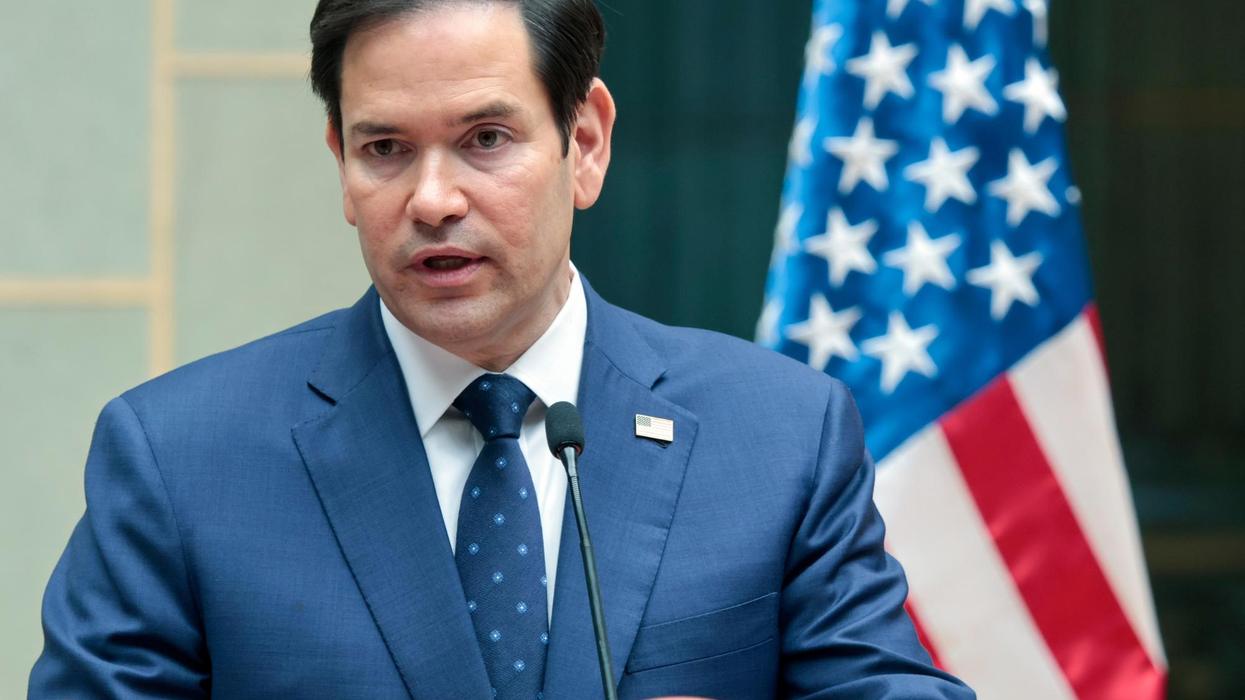Prospects for democratic gains in West Africa have taken two major hits so far in 2024.
First, on January 28, the military-ruled Sahelian countries Mali, Burkina Faso, and Niger announced their withdrawal from the Economic Community of West African States (ECOWAS), a regional economic and diplomatic bloc. Second, on February 3, Senegal’s term-limited President Macky Sall unilaterally postponed the country’s presidential elections, scheduled for February 25; a pliant legislature voted two days later to place the new election date on December 15.
The U.S., which has looked to ECOWAS as the key front-line diplomatic actor in responding to West Africa’s crises, has cause for concern as well as reasons for reflection — especially about how its aversion to seriously criticizing civilian incumbents has helped lead to this juncture.
The crises in Senegal and within ECOWAS are interrelated in several ways. ECOWAS has been vocal but severely inconsistent in attempting to uphold democratic norms in the region. ECOWAS intervened militarily to oust longtime Gambian President Yahaya Jammeh after he conceded his country’s 2016 elections but then tried to reverse that decision; the intervention represented the high-water mark of ECOWAS’s enforcement power in recent years. Before and after, however, ECOWAS reacted tepidly to relatively blatant power grabs and executive overreach by West African leaders, setting the stage for coups and other forms of upheaval.
Civilian presidents’ overreach included several instances in which legal systems targeted prominent opposition figures at moments that were highly politically convenient for incumbents; for example, in Niger under President Mahamadou Issoufou and in Senegal under Sall. ECOWAS had little criticism to make of those maneuvers, or of dubious third term bids by leaders in Guinea and Cote d’Ivoire, or of a deeply flawed legislative election in Mali, all of which took place in 2020.
Post-election discontent contributed directly to coups in Mali (2020) and Guinea (2021), suggesting that ECOWAS’s (and Western powers’) reluctance to criticize civilian incumbents can actually feed, rather than tamp down, political instability. ECOWAS’s tolerance of civilian overreach also weakened its credibility when negotiating with coup-makers in Mali, Guinea, Burkina Faso, and Niger, and that same tolerance has also likely been one factor emboldening Sall in his recent decision to postpone Senegal’s elections.
ECOWAS has also lost face through its unsuccessful sanctions regime against Mali in 2022, which failed to bring that country’s junta to heel, and through some members’ threats to invade Niger after the 2023 coup (and subsequent and ongoing detention of president Mohamed Bazoum and his family) there. Those threats were both reckless to make and embarrassing to abandon.
The Sahelian juntas’ decision to leave ECOWAS has raised numerous questions about the bloc’s future, as well as the future of other West African regional organizations, such as the West African Monetary Union (a group of Francophone countries with a common currency); so far, Mali, Niger, and Burkina Faso have not left the latter organization.
Nonetheless, the three Sahelian states’ departures takes a substantial swath of territory out of ECOWAS’s zone, although the economic impact could be felt more in the Sahel than in the rest of West Africa, given that the former relies upon the latter (for ports and migrant workers’ remittances, among other things) more than West Africa relies upon the Sahel. Pulling out of ECOWAS also lets the juntas delay transitions to civilian rule even longer, and saps ECOWAS’s influence over its remaining member states.
The disruptions to Senegal’s electoral calendar, meanwhile, threaten to set that country back significantly. Senegal’s democracy has been imperfect, to say the least: the country experienced de facto (and, for a time, de jure) single-party rule for its first 40 years, and, following the unprecedented opposition victory by Abdoulaye Wade in 2000, it took a massive popular mobilization to ensure that Wade ultimately conceded the 2012 election when his own time was up.
Sall’s tenure has been marked, as noted above, by a series of aggressive court cases against whoever the president’s key rival happened to be at a given moment, with three prominent figures at various times banned from contesting elections. Nevertheless, Senegal’s democracy is no sham, and the country enjoys several rare distinctions in the region, notably the lack of a successful military coup — and until 2024, no presidential election had been postponed there.
Sall had already, with apparent reluctance, pledged not to seek a third term, and the 2024 election was expected to be (and perhaps still will be) a coronation of his hand-picked successor, Prime Minister Amadou Ba. Yet the postponement raises fears that Sall may have other maneuvers planned. It also establishes the precedent of putting the president above institutional rules.
The United States government issued a fairly firm statement raising concerns about the postponement, the security forces’ harsh treatment of opposition politicians, and the government’s clampdown on internet access. The statement could have gone further by naming Sall, rather than referring amorphously to “the Government of Senegal.” Presumably American officials are also working behind the scenes to pressure Sall to hold the election and not let the date slip any further than December 15. And hopefully officials are threatening actual consequences if that doesn’t happen.
This moment should also invite reflection, however, on how events reached this point. The full diplomatic record is not available to the public, of course, but if American officials did not earlier make pointed criticisms regarding the legal system’s treatment of Sall’s opponents, then they missed a key opportunity to prevent the scenario that is unfolding now. From what this outside observer can tell, American officials have typically contented themselves with a superficial stability in various West African countries, and have elevated some countries (Senegal and Niger, in recent years, and even more recently, Cote d’Ivoire) to “darling” status — with a correspondingly gentle approach to leaders there.
As the Sahel dives into an even darker political period, with juntas arresting dissidents and independent voices right and left, and as Senegal teeters, American officials should be even quicker to offer constructive criticism to their remaining friends in the region — lest things deteriorate further.
















